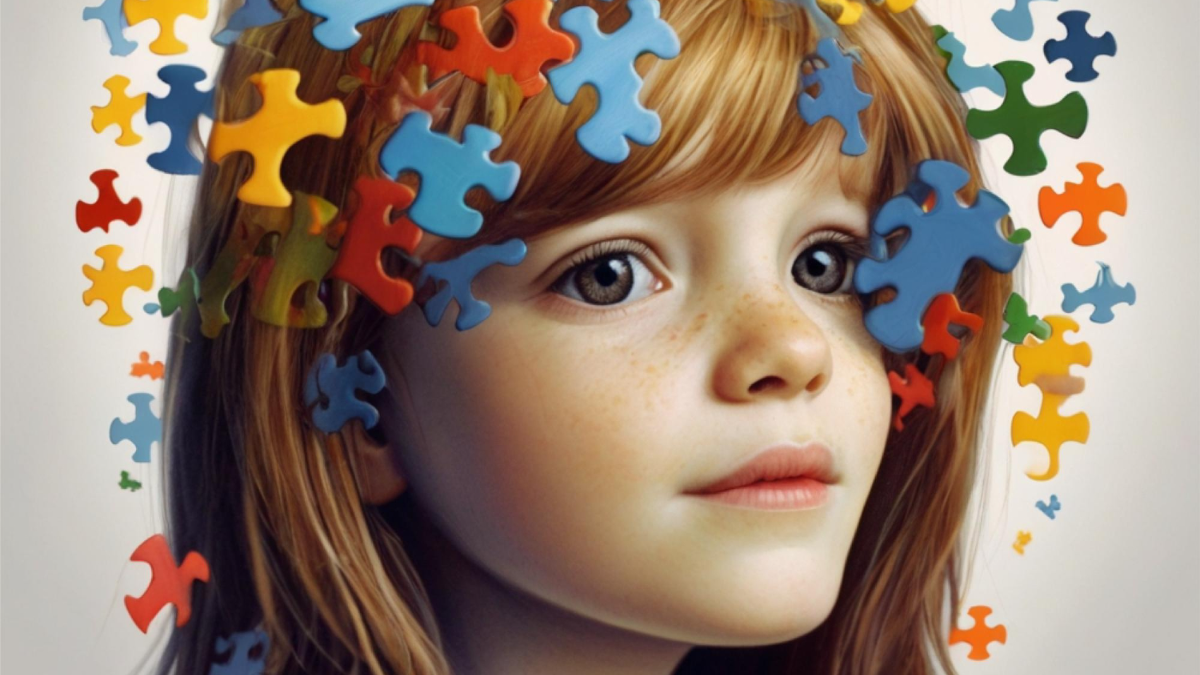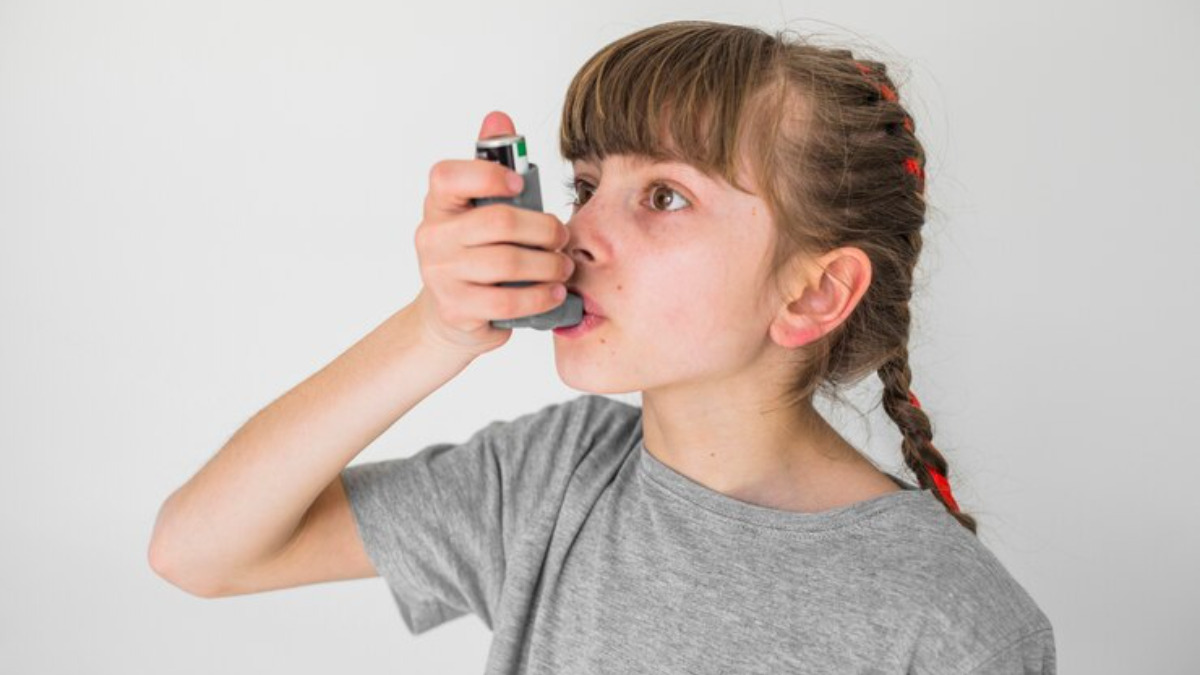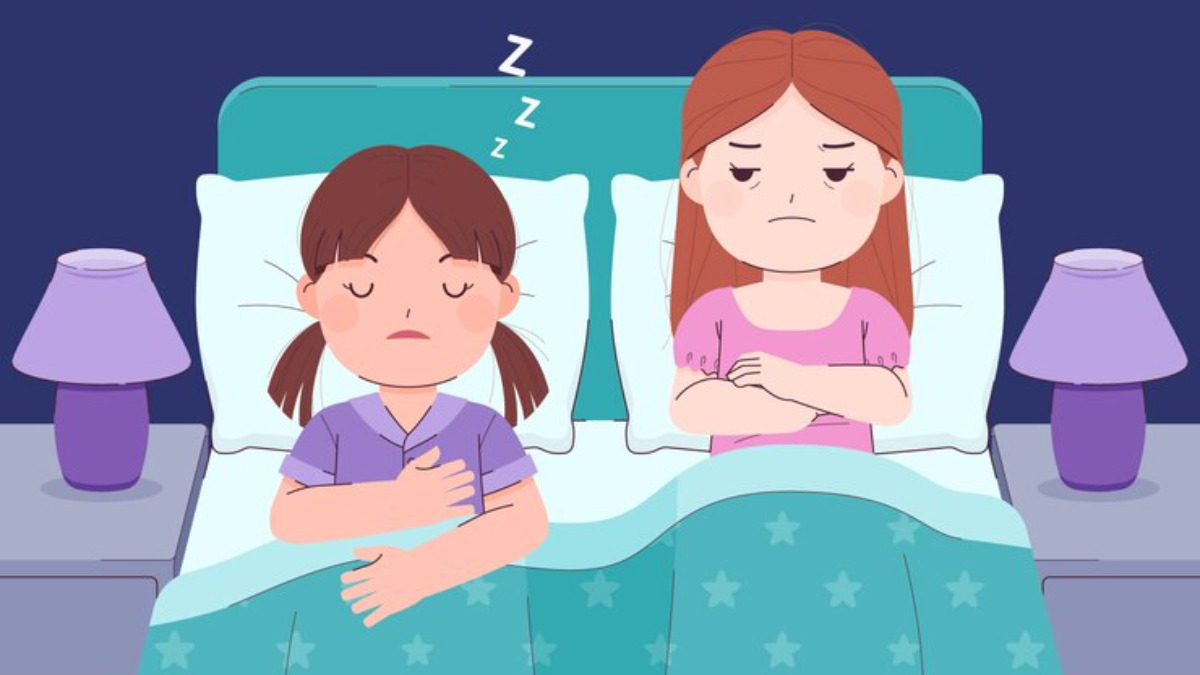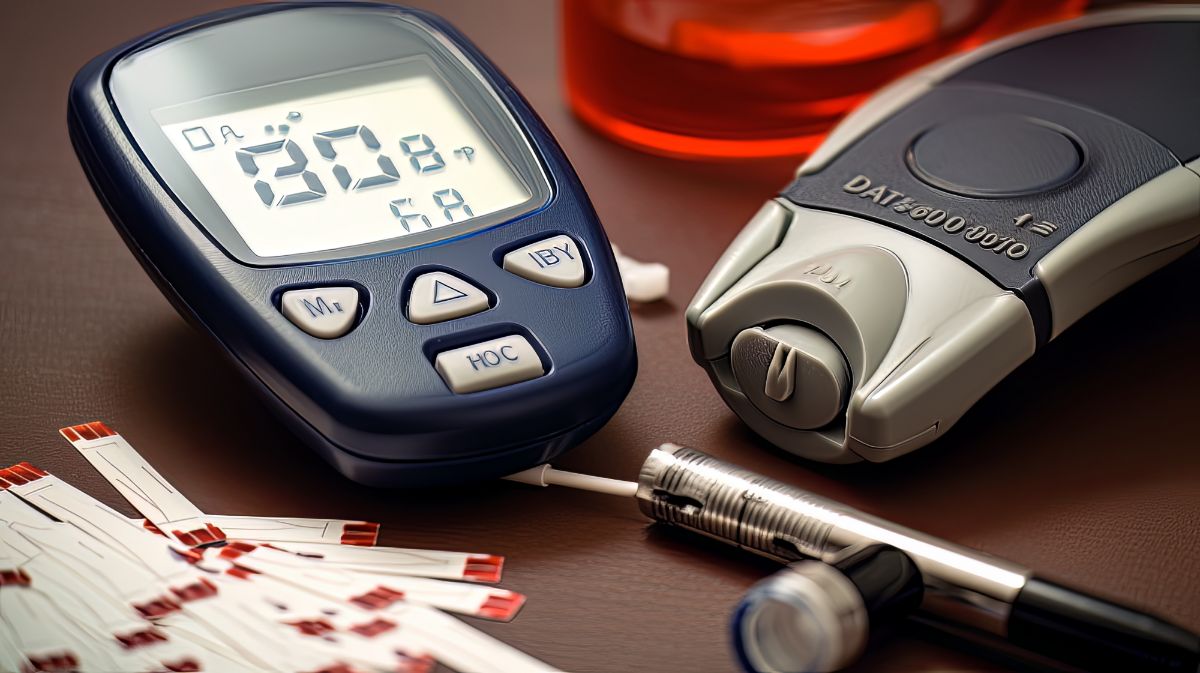Autism Assessment
Autism, or autism spectrum disorder (ASD), refers to a broad range of conditions characterized by challenges with social skills, repetitive behaviors, speech, and nonverbal communication. Autism is a “spectrum disorder,” meaning that it affects individuals differently and to varying degrees. Some people with autism may require significant support in their daily lives, while others may … Read more










